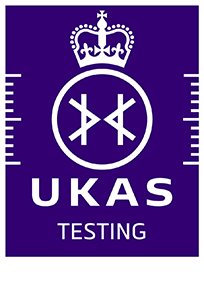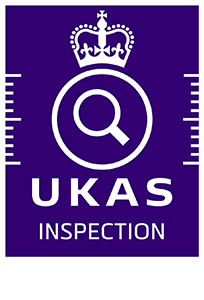From Awareness to Action: Implementing Effective Asbestos Training Programs
Who is this article for?
- Companies looking to implement asbestos training programs
- Companies looking to upskill their teams
- Employees who need additional qualifications and training
Asbestos, a fibrous material commonly found in older buildings, poses serious health risks to individuals exposed to its fibres. As an employer or responsible person, it is crucial to prioritise the safety and well-being of your employees by implementing effective asbestos training programs. These programs bridge the gap between mere awareness and practical action, equipping individuals with the knowledge and skills necessary to handle asbestos safely. In this blog, we will explore the importance of asbestos training and provide insights on how to implement an effective training program within your organisation.

Understanding the Risks
Comprehensive asbestos training programs start with creating awareness about the risks associated with asbestos exposure. Employees must understand the health hazards related to asbestos fibres, such as lung diseases, mesothelioma, and lung cancer. By fostering an understanding of the dangers, individuals develop a heightened sense of responsibility towards their own safety and that of their colleagues.
Legal Compliance
Compliance with asbestos-related regulations and guidelines is mandatory to ensure the safety of employees. Asbestos training programs educate individuals on the legal requirements surrounding asbestos management, removal, and disposal. Understanding the applicable legislation, such as the Control of Asbestos Regulations 2012, empowers employees to adhere to legal obligations and implement best practices in asbestos handling.
Tailored Training for Different Roles
Effective asbestos training programs recognise the diverse roles within an organisation and provide tailored training modules to address specific job requirements. From maintenance workers and contractors to supervisors and managers, each role has unique responsibilities concerning asbestos management. Tailoring the training ensures that individuals receive the necessary knowledge and skills relevant to their specific job functions.
Practical Skills Development
Beyond theoretical knowledge, practical skills development is crucial for individuals who may encounter asbestos during their work. Training programs should include hands-on exercises and simulations that allow participants to practice safe asbestos handling techniques. This practical component enhances their confidence and ability to apply appropriate safety measures in real-life scenarios.
Ongoing Training and Refresher Courses
Asbestos training should not be a one-time event. To ensure the long-term effectiveness of your asbestos management strategy, provide ongoing training and refresher courses. Regular updates on best practices, emerging trends, and changes in legislation help employees stay up-to-date with the latest developments in asbestos management. Ongoing training also reinforces a culture of safety and promotes continuous improvement in asbestos handling practices.
Monitoring and Evaluation
To measure the effectiveness of your asbestos training program, establish a monitoring and evaluation system. Regular assessments and feedback sessions allow you to identify areas of improvement and address any gaps in knowledge or skills. Monitoring also provides an opportunity to recognise individuals who excel in their asbestos handling practices and encourage a positive safety culture across the organisation.
Implementing effective asbestos training programs is a vital step towards protecting the health and safety of your employees. From raising awareness about asbestos risks to providing practical skills development, a comprehensive training program ensures that individuals are equipped to handle asbestos safely and adhere to legal requirements. By prioritising ongoing training, tailoring programs to specific job roles, and establishing monitoring systems, organisations can foster a culture of safety and proactive asbestos management. Invest in effective asbestos training programs today and empower your employees to take the necessary action to prevent asbestos-related risks in the workplace.
Read more about our training courses.




